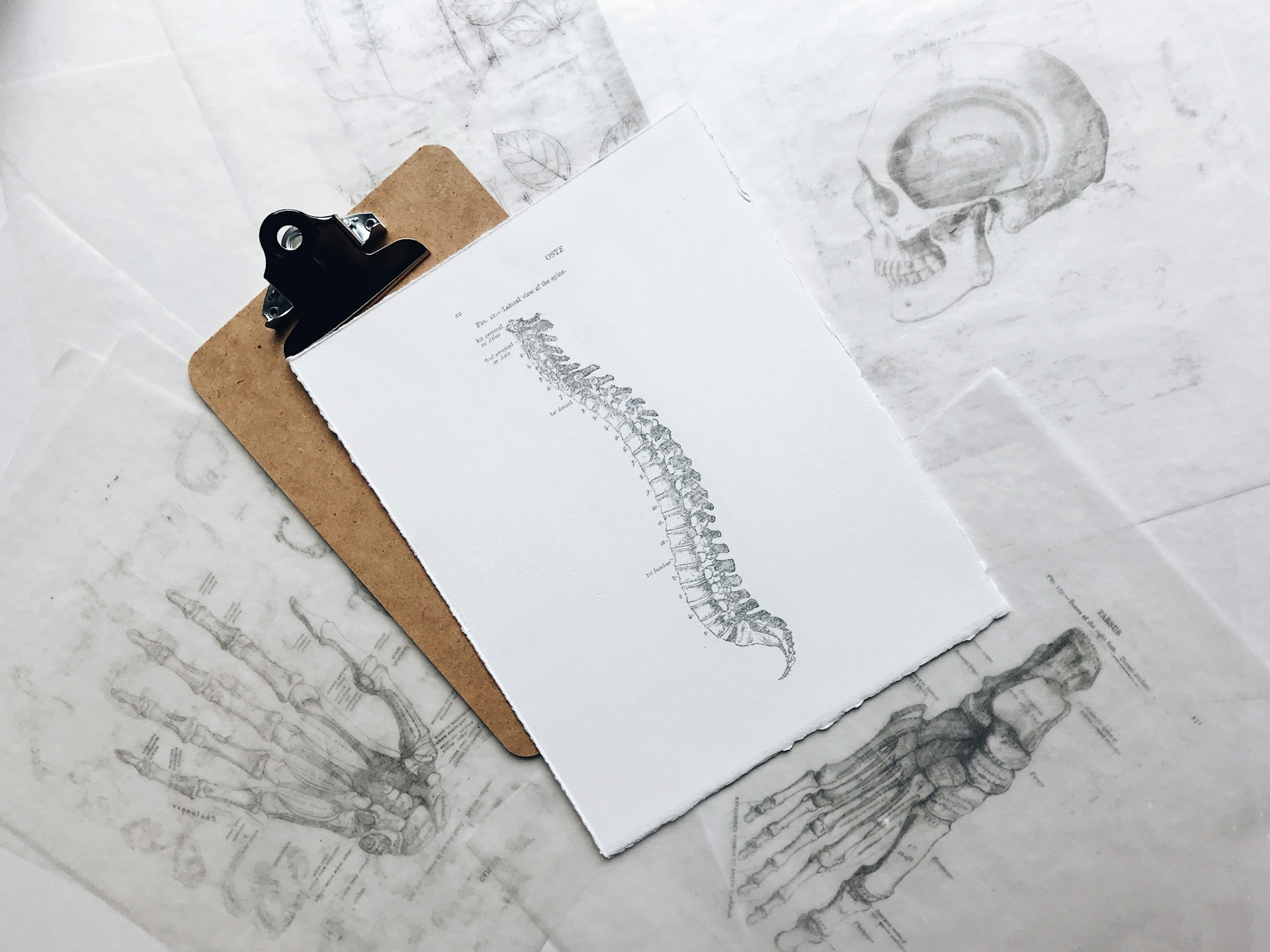Health
Building Bone Health: Osteoporosis Prevention for Seniors

As we age, our bones naturally lose density, making them more susceptible to fractures and breaks. This is especially true for seniors, who are at a higher risk of developing osteoporosis – a condition that causes bones to become weak and brittle. However, there is no need to worry! With a few simple lifestyle changes, we can take control of our bone health and keep osteoporosis at bay. Let’s explore some practical tips for maintaining strong, healthy bones as we age.
1. Get Moving
Exercise is crucial for maintaining bone density and overall health. Weight-bearing exercises, such as walking, jogging, and dancing, are particularly beneficial for our bones. These activities force our bodies to work against gravity, which helps to stimulate bone growth. Additionally, resistance exercises, like lifting weights or using resistance bands, can also help to strengthen bones and muscles. Aim for at least 30 minutes of exercise most days of the week, but always consult with your doctor before starting a new exercise regimen.
2. Eat a Bone-Healthy Diet
Our bones require a steady supply of nutrients to stay strong and healthy. Calcium and vitamin D are the two key players in this regard. Calcium is a building block for our bones, while vitamin D helps our bodies absorb calcium more effectively. Dairy products, leafy greens, and fortified foods are excellent sources of calcium. Meanwhile, vitamin D can be obtained from fatty fish, egg yolks, and fortified foods, as well as from sunlight exposure. Don’t forget to include other bone-friendly nutrients in your diet, such as magnesium, potassium, and vitamin K, which can be found in nuts, seeds, and a variety of fruits and vegetables.
3. Kick Bad Habits to the Curb
Smoking and excessive alcohol consumption can wreak havoc on our bone health. Smoking has been shown to reduce bone density, while excessive alcohol intake can interfere with the body’s ability to absorb calcium. If you smoke, consider quitting or cutting back. If you enjoy a drink now and then, try to limit your alcohol consumption to one drink per day for women and two drinks per day for men.
4. Keep an Eye on Your Medications
Certain medications, such as corticosteroids and antacids containing aluminum, can negatively impact bone health. If you’re taking any medications that may affect your bones, talk to your doctor about potential alternatives or ways to minimize the impact on your bone health.
5. Maintain a Healthy Weight
Being underweight or overweight can both have negative effects on bone health. A low body weight can lead to reduced bone density, while carrying excess weight can put additional stress on your bones and joints. Strive to maintain a healthy weight through a balanced diet and regular exercise.
6. Embrace Positivity and Mental Wellness
Believe it or not, our mental well-being can also play a role in our bone health. Chronic stress and depression have been linked to lower bone density, so it’s essential to prioritize mental wellness as we age. Engage in activities that bring you joy, practice relaxation techniques such as deep breathing or meditation, and don’t hesitate to seek professional help if you’re struggling with stress or depression.
By incorporating these tips into your daily routine, you’ll be well on your way to building and maintaining strong, healthy bones as you age. Remember, it’s never too late to make positive changes for your health – so let’s show osteoporosis who’s boss and keep our bones in tip-top shape!
